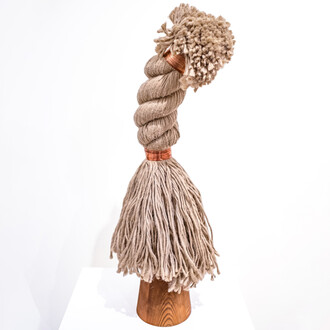A major exhibition entitled Goodbye Piccadilly – from Home Front to Western Front will open at London Transport Museum on 16 May 2014. It will reveal the untold story of London’s Home Front during the First World War and how drivers took their buses to the Front to support the war effort. It will also look at how women’s lives were transformed as they took on transport roles previously carried out by men, and tell the story of how Londoners came under deadly attack from the air as total war came to the Capital.
Goodbye Piccadilly will commemorate and explore the contribution of London’s motor buses and their drivers to the First World War and the upheaval for Londoners on what became for the first time the ‘Home Front’.
Goodbye Piccadilly will present London Transport Museum’s unique perspective on the First World War, exploring how the conflict accelerated social change, how it impacted on the lives of Londoners and the essential role undertaken by bus service staff and buses in the war effort, at home and abroad. It will look at the impact of aerial bombardment on life at home, as well as sheltering on the Tube and rationing – both of which were introduced for the first time. A key theme of the exhibition will be to examine the lives of women who were employed on a large scale to do the jobs previously occupied by men, including working as bus conductors and mechanics on London buses and as porters and guards on the Underground.
The exhibition will bring together objects from several collections for the first time, at the heart of which will be ‘Ole’ Bill’, a 1911 B-type bus No. B43 on loan from the Imperial War Museum. It was one of over 1,000 B-type buses to be requisitioned by the War Department in 1914 for use on the Western Front. After the war it was refurbished as a permanent memorial to the role played by London buses in the First World War. Named after ‘Ole Bill’, Bruce Bairnsfather’s popular wartime cartoon character, it became a symbol of the military and civilian struggle endured by men and women of the London General Omnibus Company and it appeared regularly in the Armistice Day parades until the 1960s.
Other highlights include First World War recruitment posters, rarely seen propaganda posters specially designed to be displayed in army billets overseas as a reminder of home, and a 1914 female bus conductor’s uniform. Six animations by University of the Arts Central Saint Martins students plus new poetry from SLAMbassadors UK will offer new creative interpretations about the impact of the war. A highlight of the display is a newly acquired piece of ‘trench art’ – a decorated Daimler bus steering wheel from the war - which gives visitors the chance to reflect on what it might have felt like to be a bus driver on the Western Front.


















